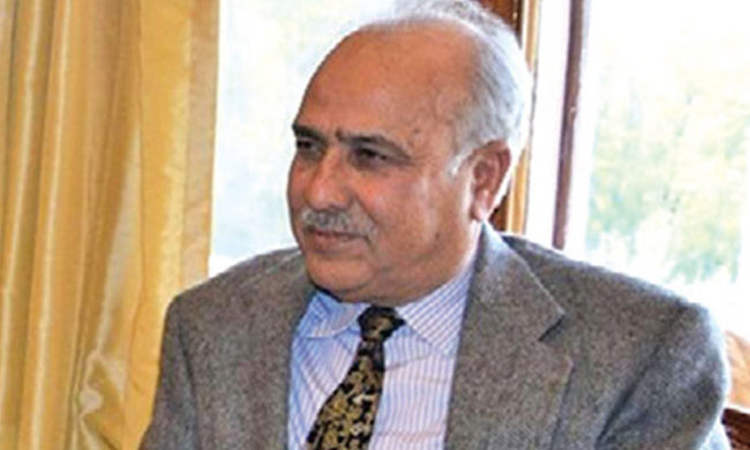Former J&K HC Judge Who Held Article 370 Is Permanent To Contest Lok Sabha Polls
LIVELAW NEWS NETWORK
21 March 2019 4:45 PM IST

The 2015 Judgment authored by him held that Article 370 is beyond amendment, repeal or abrogation.
Next Story
21 March 2019 4:45 PM IST
